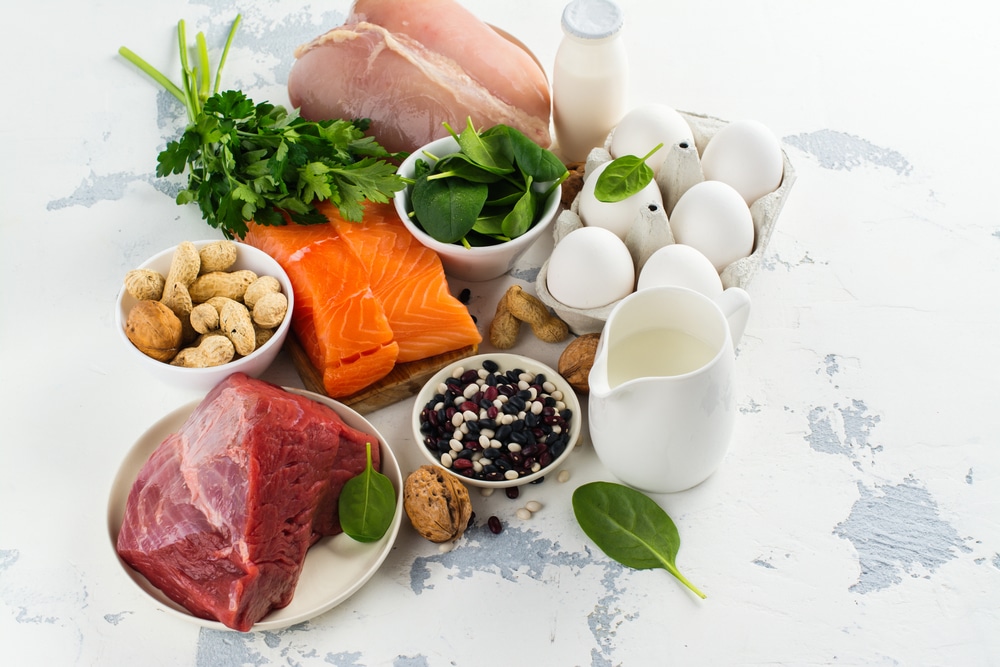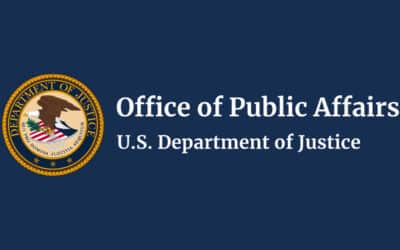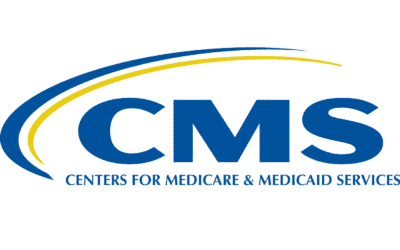Assessing a patient’s nutritional status during the wound healing process is of tremendous importance. Having a patient see a nutritionist is likely the best option. However, all too often, and for a variety of reasons, that does not happen. Therefore, it is useful if the wound care provider can at least make some recommendations. Here are some very simple lists that you can provide to your patients. During the healing process, most patients need more protein, vitamin A, vitamin C, and zinc.
Sources of Protein:
- Meats
- Beans
- Eggs
- Milk
- Soy protein products
- Yogurt (Greek yogurt better)
- Tofu Soy
- Nuts
Sources of Vitamin A:
- Dark green, leafy vegetables
- Orange or yellow vegetables
- Cantaloupe
- Fortified dairy products
- Liver
- Fortified cereals
Sources of Vitamin C:
- Citrus fruits
- Juices
- Strawberries
- Tomatoes
- Tomato juice
- Cabbage
- Peppers
- Baked potatoes
- Spinach Broccoli
- Cauliflower Brussels sprouts
Sources of Zinc:
- Fortified cereals
- Red meats
- Seafood
If malnutrition is encountered and plays a role in the encounter, it is best to document the role it played and what management steps, if any ,were taken. As is the case with any pathology, when malnutrition plays a role in an encounter it may be appropriate to include ICD-10-CM coding that represents the nature of the malnutrition. Doing so may provide more information to a third party payer about the complexity of the patient’s condition. Some ICD-10-CM codes to consider include:
- E44.0 Moderate protein-calorie malnutrition
- E44.1 Mild protein-calorie malnutrition
- E50 Vitamin A deficiency- (additional characters required to complete the code)
- E51 Thiamine deficiency- (additional characters required to complete the code)
- E53 Deficiency of other B group vitamins- (additional characters required to complete the code)
- E58 Dietary calcium deficiency
- E60 Dietary zinc deficiency- (additional characters required to complete the code)
Additionally, if any of the following social determinants of health play a role in the encounter, providers should consider including the appropriate ICD-10-CM code that represents that social determinant of health.
- Z72.4 Inappropriate diet and eating habits
- Z59.41 Food insecurity
- Z59.48 Other specified lack of adequate food
- Z58.6 Inadequate drinking-water supply





